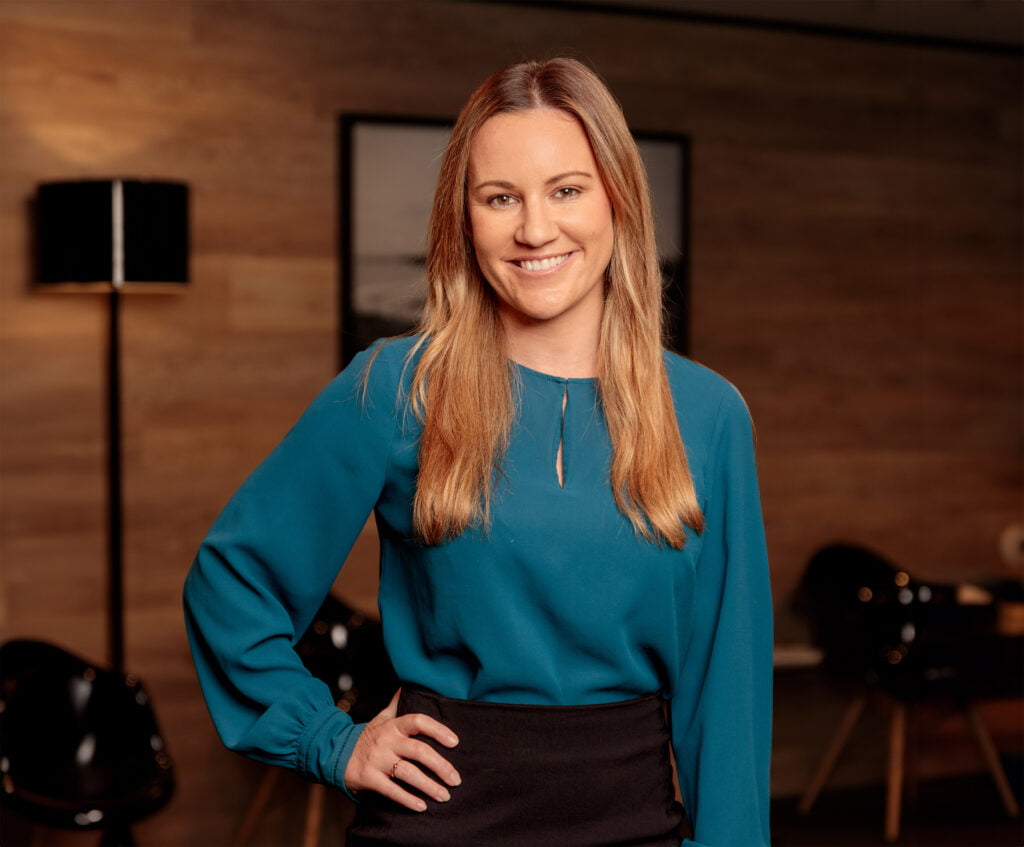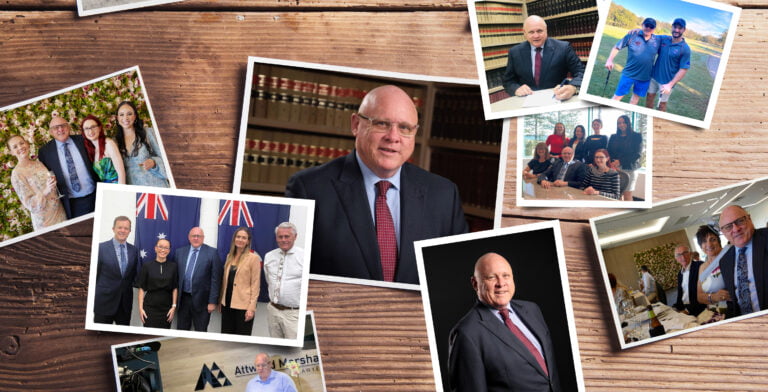Wills and Estate Lawyers Melbourne
Attwood Marshall Lawyers are leading Wills and estate lawyers in Melbourne, specialising in estate planning, estate litigation and estate administration. Our Melbourne Will lawyers take the time to find out what matters most to you, to help you plan for the future and ensure your best interests, and your family’s interests, are protected.
Matters relating to Wills and estates can be extremely complex and each state and territory has its own unique legislation to deal with Succession Law. Our estate lawyers have the skills and state-specific expertise to give you peace of mind that you, and your estate, are in the best hands.
Our Wills and Estate services in Melbourne include:
Read the latest articles by our Wills & Estates lawyers
Wills and Estates FAQs
If you have no estate plan, your loved ones will be left to deal with the consequences. Many people are under the assumption that their family members can automatically step in and make decisions about their estate after they are gone. This is simply not true. Your family will not be able to deal with your estate or have access to your bank accounts and other assets if you have not stipulated your instructions in a Will.
Estate planning involves more than simply writing your Will. It encompasses drafting a number of legal documents needed to ensure that those people you wish to benefit from your estate once you die, ultimately will. This includes planning for non-estate assets as well, including superannuation, life insurance policies, and jointly owned assets.
Estate planning should also ensure that you have protections in place to enable someone to act on your behalf if you lose mental capacity whilst you are still alive. Without appointing an attorney to step into your shoes if something unexpected happens and you can no longer make decisions for yourself, your personal, financial, and medical decisions may be put in the hands of the Public Trustee, and the decisions being made may not reflect your wishes.
Should you die without having a valid Will, legally you are deemed to have died intestate. The rules of intestacy will then apply, and the distribution of your estate will be determined according to a formula that is governed by legislation, which varies in each state and territory. The legislation will affect which family members will inherit what portion of your estate, which may not mirror what you hope to happen to your estate.
Unfortunately, there is no such thing as a central “Wills register” to refer to when attempting to locate a person’s Will. Finding a missing will can be a long and arduous process. The best place to start is by:
- Inspecting the deceased’s residence to search through personal possessions and paperwork
- Searching the deceased’s smart phone or computer for evidence of their testamentary intentions or electronic copies of the Will
- Making contact with the deceased’s bank to investigate if they had a safety deposit box or documents held in safe custody
- Engaging with local lawyers near the deceased’s last place of residence in case they have a copy of a Will
- Speaking to the Public Trust Office to ascertain if they hold a Will for the deceased
- Submitting an application to the Supreme Court to search the Probate Office Will Registry
- Requesting a lawyer to submit an advertisement in the Law Society Journal.
This is a common misconception. Everyone, regardless of age, health status, or wealth status, should have their most basic estate planning documents constructed, including a Will and Power of Attorney. Many people underestimate their own wealth by overlooking the value of their non-estate assets. An estate plan must include arrangements for what will happen to not only the estate but someone’s superannuation contributions and life insurance policies, the family home which may be jointly owned, shares and investments, and other personal belongings. Having an estate plan also gives you the opportunity to document your wishes about how your body should be disposed, for example buried or cremated, any wishes about your funeral arrangements, and who you want to care for any dependent children or pets.
If you are appointed as an estate executor in a Will, it is critical that you understand everything the role demands. It is not a legal requirement to obtain legal advice to fulfil your role, however, it can be tremendously helpful when administering a deceased estate to guarantee that you are adhering to your responsibilities and requirements. In the event that a Will is challenged or contested, an executor also needs to respond to these types of claims. The Executor should attain advice from a qualified estate litigation lawyer at their earliest convenience to respond to Will challenges and contests, ensuring the interests of the beneficiaries and the estate are protected.
Yes, beneficiaries of an estate have rights which are protected by law. If you are having difficulty getting information regarding an estate you are a beneficiary of, our wills and estate lawyers in Melbourne can assist you.
Contact our Department Manager
If you are ready to plan for your future and ensure your estate is protected, contact us today to make an appointment with one of our Brisbane Wills and Estates lawyers.
Message our Department Manager, Donna

Meet Angela Harry
Partner, Wills & Estates
Angela is the partner who leads the firm’s Wills and Estates Department.
She has been with Attwood Marshall Lawyers since 2006, managing a significant workload including complex Wills and estate matters, elder law, estate disputes, and deceased estate administration and probate.
Being based on the border of New South Wales and Queensland, Angela is able to handle matters across both jurisdictions.
As a a proud member of the Society of Trust & Estate Practitioners (STEP), a global professional association dedicated to guiding families across generations, Angela passionately champions the values of best practice, professional integrity, and continuous education.




